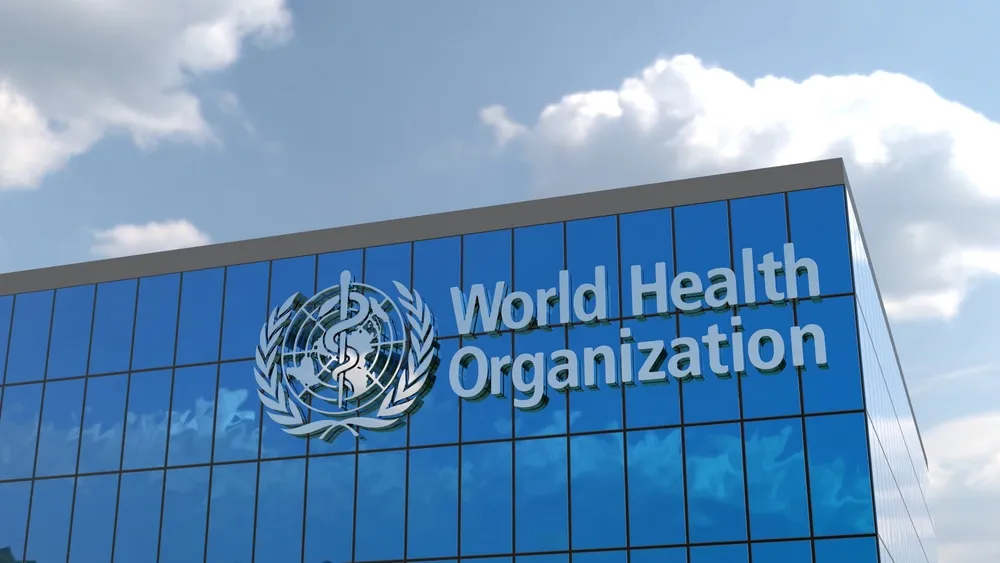by Joe Martino, The Pulse:

We are continually bumping into the realization that our collective sensemaking processes suck. And with censorship on the rise, and being called for by more and more people, I can’t help but recall my personal experience to illustrate just how absurd what’s happening truly is. (I believe absurdity is necessary though.)
TRUTH LIVES on at https://sgtreport.tv/
The International Agency for Research on Cancer, an entity within the World Health Organization, recently evaluated findings from both human and animal studies of aspartame and cancer. The group noted positive associations between aspartame consumption and hepatocellular carcinoma, a form of liver cancer.
To be clear, this isn’t a sudden admission of extreme danger with aspartame, but an acknowledgement of the uncertainty that exists around it. An uncertainty that has been reported on for many decades, mainly falling on deaf ears and met with ridicule.
Since our early days with Collective Evolution, we wrote many articles about aspartame. To note, those articles have been pulled due to consistent attacks we got from fact-checkers censoring content we published as early as 2010. Content that explored studies concluding more research is necessary due to findings that suggest many possible poor health outcomes from aspartame consumption, including cancer.
Back then, I personally did several investigations into the research behind aspartame. It has always been a shaky subject. The history of how aspartame became legal is filled with controversy.
In 1980, the FDA Public Board Of Inquiry voted unanimously to reject aspartame for human consumption as, in their words, flawed data, brain tumor concerns in animal studies, and a lack of long-term effects in humans were reason enough.
Of course, as more research emerges, minds can change. But did they change for good reason? We’ll get to that.
In 1985, Monsanto eventually bought the Aspartame patent from G.D. Searle and it soon became approved for human consumption. Research on the additive continued for years, but there was always a big question about how much it should be trusted.
Can We Trust The Research?
Keep the subject of cigarettes in your mind and how safe those turned out to be… according to the industry, doctors, and scientists.
There are piles of studies that illustrate concerns around kidney function, cancers, brain issues etc when it comes to aspartame consumption. There are also piles that suggest it is safe for consumption providing it’s not overconsumed.
The problem in navigating all the science and differing conclusions is the clear conflicts of interest involved in the research.
A study published in PLOS ONE in 2016 reported that researchers found very troubling conflicts of interest within research around aspartame.
Of the 31 scientific reviews analyzed by Professor Bero and her colleagues, 4 were paid for by the sweetener industry, 10 were funded from non-industry sources, 13 revealed no funding source and 4 were funded by the sugar and water industries, which were classified as competitors to the sweetener industry.
This next quote from the study is the same thing that stuck out to me during my research back in 2011:
“100 per cent of the industry-sponsored studies concluded that aspartame was safe and 92 per cent of the independently funded studies identified adverse effects of aspartame consumption”.
Simply: when the industry isn’t involved in research there appear to be health concerns associated with aspartame. But when the industry is involved, it’s safe.
This at the very least should always make one question what the truth is, and leaves no good reason to ridicule either opinion.
Reporting on this finding in 2011 came with everything you’d expect: ridicule, name-calling, and being labelled a conspiracy theorist.



